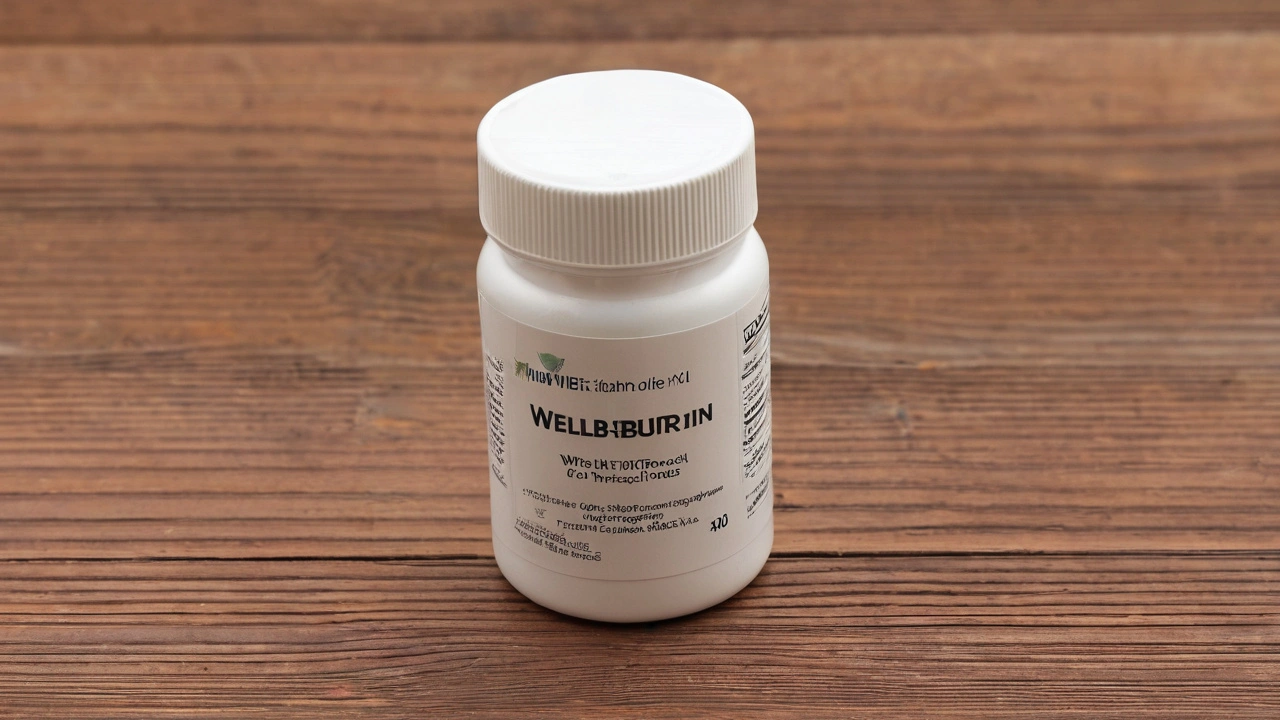Neonatal Health: What Every Parent Needs to Know
Bringing a newborn home is exciting but can also feel overwhelming, especially when it comes to their health. Neonatal health focuses on the care and wellbeing of infants during the first month of life – a crucial time for growth and adaptation. Understanding the basics helps you spot potential issues early and support your baby’s development effectively.
For starters, newborns can be vulnerable to infections and conditions that adults usually handle easily. That’s why keeping a clean environment and practicing good hygiene around your baby isn't optional—it’s essential. Simple actions like regular hand washing and avoiding sick visitors can make a huge difference.
Common Neonatal Health Concerns
Some common neonatal health issues include jaundice, feeding difficulties, and respiratory problems. Jaundice is seen as yellowing of the skin and eyes and happens because newborn livers are still maturing. It’s usually temporary but should be monitored carefully by your pediatrician. Feeding difficulties might mean your baby isn’t getting enough milk or has trouble latching if breastfeeding, and catching these issues early helps avoid weight loss or dehydration.
Respiratory issues can range from mild fast breathing to more serious conditions like infections or apnea. If you notice your baby struggling to breathe or persistent coughing, get medical advice promptly. Neonatal care also includes keeping track of vaccinations and developmental milestones, so you know your baby is on track.
Medications and Supplements for Newborns
When it comes to medications, always consult your doctor before giving anything to your baby. Some neonatal conditions require specific treatments, like vitamin K shots right after birth to prevent bleeding problems or eye drops to protect against infections. Avoid self-medicating and use trusted sources when researching infant medications and supplements.
Nutrition plays a huge role too. Breast milk offers the best natural support for your newborn's immune system. In cases where breastfeeding isn't possible, choosing the right formula is critical. Always pick products recommended by your healthcare provider and be wary of unfamiliar online pharmacies or supplements that claim quick fixes without evidence.
Staying informed about neonatal health helps you feel more confident in caring for your little one. If anything feels off or you have questions, don’t hesitate to reach out to pediatric professionals. At ChemistClick.co.uk, we provide clear, up-to-date info on neonatal care and medicines, making it easier for you to give your baby the best start.

Is It Safe to Take Wellbutrin While Breastfeeding? Benefits and Risks Explained
Examining the safety of taking Wellbutrin while breastfeeding, this article evaluates potential risks, benefits, and necessary precautions. Medical opinions and personal experiences provide insights for nursing mothers. Regular monitoring and consulting healthcare providers ensure the well-being of both mother and child.





